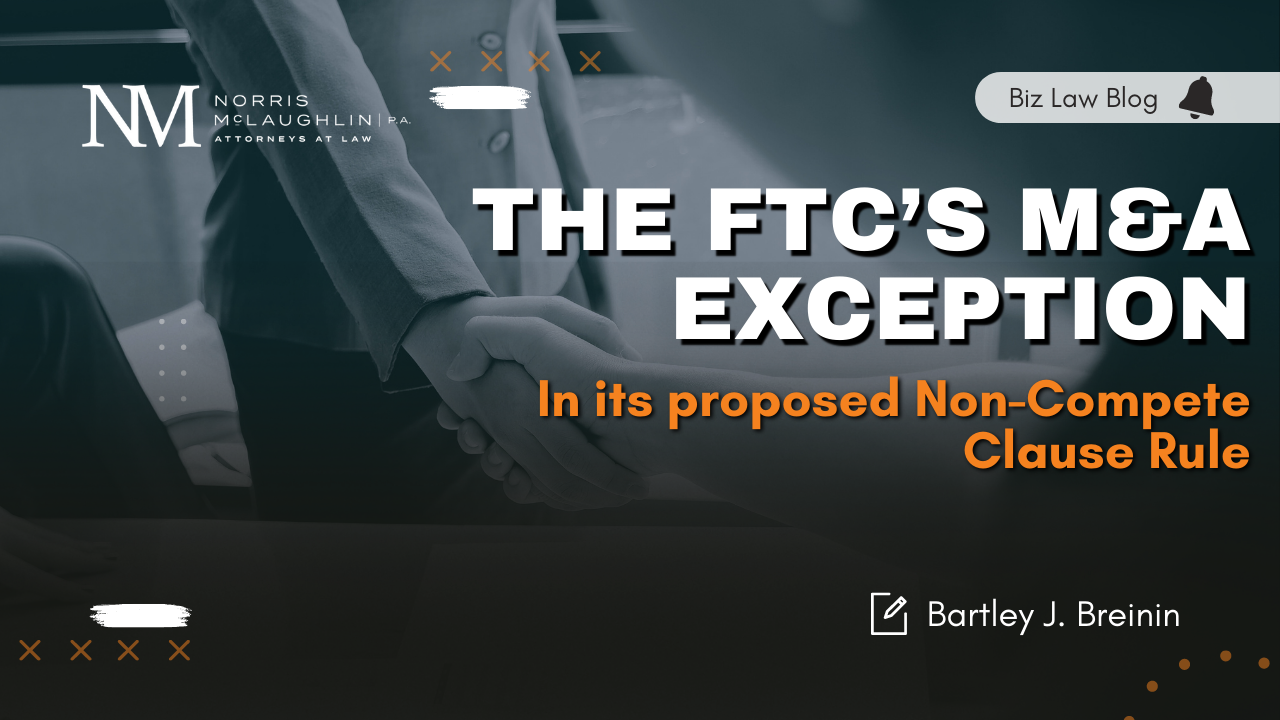What Do M&A Earn-Outs and Designing Bridges Have in Common?

The concept of an earn-out is not new or unusual in the M&A universe. In fact, it is frequently described as a way to create a bridge between a buyer and a seller relative to the agreed value of the seller’s business. For the uninitiated, an earn-out is a way for the buyer of a business to mitigate their risk by making a portion of the purchase price contingent on the future performance of the acquired business. Quite often, the buyer will pay most of the purchase price at closing, and the remainder of the purchase price will depend on how successful the acquired business is following closing. So what does that have to do with designing bridges?
Any engineer will tell you that the two basic forces that act on every bridge are compression and tension. To properly design a bridge, an engineer must take those forces into account so the bridge can be constructed without breaking. I am not going to discuss compression in this blog other than to say that the client will need chest compressions if their earn-out is poorly drafted!
Tension, on the other hand, is vitally important, because you must understand and appreciate (if nothing else) that there are fundamental tensions between the buyer's and the seller’s interests that no amount of contracting can erase. The seller’s basic interest is achieving the maximum earn-out/purchase price, while the buyer’s interest is not only achieving short-term financial success, but also ensuring that the acquired business runs in a way that suits the buyer’s long-term goals, whether it be continued viability or a further future sale of the business. It sounds so simple, right? Doesn’t everyone want to make money after closing? Of course! But buyers and sellers may have very different ideas of how the business should be run after closing. Therefore, the goal in designing an earn-out is to find an appropriate balance of those natural tensions that will not only make the actual earn-out calculation itself predictable, but also appropriately address the way the acquired business is operated following closing.
From a documentation standpoint, the earn-out can be either addressed in the primary transaction document (i.e. stock purchase agreement, asset purchase agreement, etc.), or in a separate earn-out agreement that is signed at closing. Here are some things to think about when negotiating and drafting an earn-out provision, from the perspective of the seller and the buyer:
- What are the basic financial or other metrics that will determine whether the earn-out has been achieved? Whether it is based on the EBITDA or on some other financial performance of the business following closing, the definitive legal documentation should clearly spell out the procedure and manner in which the earn-out will be calculated. For clarity, I also recommend considering the addition of a schedule or example that details in practice (i.e. the thing lawyers hate most—math) how the earn-out will be calculated. This is perhaps one area where everyone’s interests are aligned.
- What happens if the buyer and the seller cannot agree on the calculation of the earn-out? Do you go to court? In most cases, the parties will agree to have any dispute in the calculation of the earn-out itself decided by a neutral third party, which in most cases will be a CPA. It is not always the case, but my experience has often been that the parties do NOT want the neutral third party to determine the calculation on their own, but instead to select either the buyer's or seller's calculation, whichever they believe is correct (or at least the most correct)—this is commonly known as baseball arbitration.
- Does the buyer have free rein to run the business as they please after closing? This often becomes controversial, and a very carefully negotiated part of the earn-out. The buyer will naturally want the right to run the business however they see fit following closing, without any restriction or oversight from the seller. Obviously, the buyer does not want a lawsuit on their hands if the business does not do as well. On the other hand, what if the buyer begins terminating key employees of the business and fundamentally changing customer relationships and terms following closing? Or, what if the buyer purchases another unrelated business, which it folds into the purchased business following closing? The seller may very well want to restrict the buyer’s ability to do things during the earn-out period that are material and fundamental changes to the business, or that could unreasonably affect their earn-out.
- Can the seller’s breach of another provision in the transaction document (i.e. non-compete or representations and warranties) affect the payment of the earn-out? The buyer will certainly want the right to offset any damages it incurs for other breaches of the transaction document. Depending on other deal terms, like the presence of an earn-out or rep and warranty insurance, this may or may not be appropriate, and the seller will often want their earn-out money paid regardless of whether there are any other disputes following closing.
- Should a third party be able to stop the buyer from paying the earn-out? On its face, this sounds crazy, right? As it happens, though, a buyer with a credit facility from one of the larger financial institutions may be required by its loan documents to have the seller subordinate its rights to the earn-out to the buyer’s obligation to repay its loan to the bank. Some buyers may be stuck with this requirement depending on their bank, but it is often fiercely resisted by the seller. Depending on the bank and their counsel, this is an issue that they may or may not be flexible on. From my perspective, a buyer with this requirement from its bank really ought (in good faith) to be raising it at the letter of intent or term sheet stage when the earn-out is initially negotiated.
If you have any questions about this post or any other related matters, please email me at gsimmons@norris-law.com.




